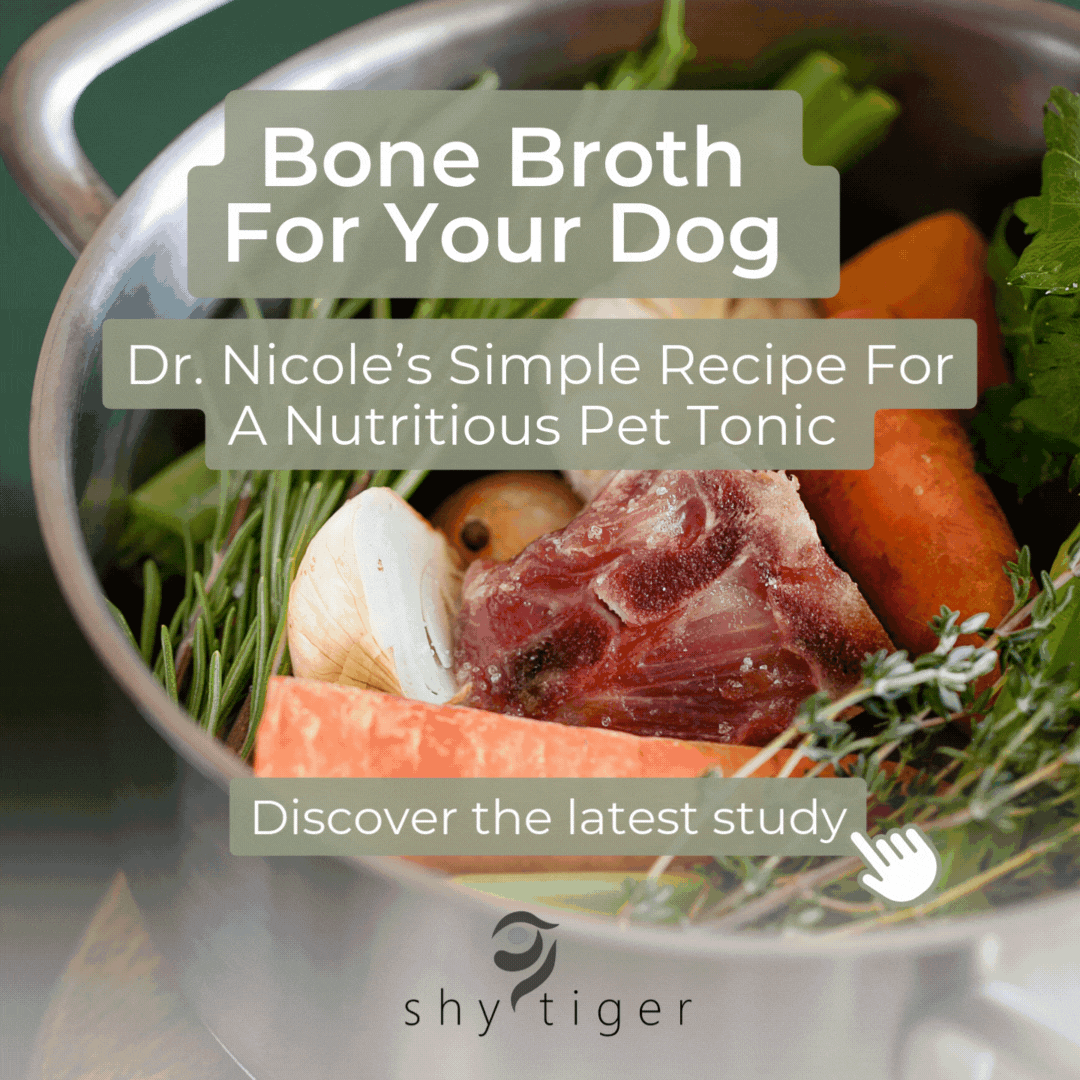Boost Your Pet's Health and Save Money

The Importance of Dental Hygiene for Dogs
Dental health is paramount for our canine companions. Studies show that up to 80% of dogs over the age of three will develop periodontal disease (AVDC, 2021). It's not just about the pain it causes them - which, trust me, can be just as severe as in humans - but also the long-term health implications.
Dental Hygiene: More Than Just Fresh Breath
A common misunderstanding is that dental hygiene simply equates to fresher breath. Although that's a pleasant perk, the benefits go well beyond eliminating that infamous "doggy breath". When we discuss dental hygiene, we're talking about preventing the build-up of nasty bacteria, plaque, and tartar. Brushing your dog's teeth is the gold standard when it comes to maintaining their dental hygiene. Regular teeth brushing helps to remove plaque, a sticky film that builds up on the teeth after eating. If left unchecked, this plaque turns into hard tartar, which can lead to gum disease and tooth loss (AAHA, 2021). The benefits of regular teeth brushing go well beyond just maintaining good breath. Regular brushing helps to reduce the risk of bacteria build-up that can flood the body, potentially impacting long-term health, including kidney, liver, and heart function.

Starting a dental hygiene routine for your dog might seem daunting, but it doesn't have to be a herculean task. Begin with gentle wipes of the gums and teeth, gradually introducing a toothbrush and pet-friendly toothpaste. Remember, any effort you make can have a significant impact. Even if you can't manage a full two-minute brush as we'd do for our own teeth (I would spend less than 30 seconds brushing my dog’s teeth!), a quick brush is still beneficial.
In our quest to improve our pets' dental health, it's essential to look at supplements that have been scientifically proven to aid in this endeavor. These include ascophyllum nododsum, a type of seaweed that binds in saliva and reduces plaque and tartar and has the bonus benefit of providing many additional nutrients. Zinc sulfate, and sodium tri polyphosphate are also compounds that have science behind them to improve dental health (but are synthetically made), so consider incorporating them when improving your dog's dental hygiene.
Diet plays an instrumental role in dental health. Incorporating raw, meaty bones into your dog's diet not only provides nutrition but also promotes dental hygiene. The mechanical action of chewing the bones helps reduce plaque and tartar. While they may not be suitable for every dog, raw meaty bones are backed by science to reduce plaque and tartar load on a dog.
Similarly, a raw food diet can be beneficial to your pet's oral health, fresh wholefood diets will encourage a more natural biome in the mouth and cause less inflammation in the body than eating a processed diet - just like us.
Remember, any change in your pet's diet should be done gradually and under the guidance of a veterinarian to prevent digestive issues.
Long-Term Impact on Health and Finances
Investing time in your dog's dental hygiene can significantly affect both your pet's health and your finances in the long run. By preventing dental diseases, you can avoid (or at least significantly reduce) costly procedures such as dental cleanings under anesthesia, extractions, and treatments for related health issues (AVMA, 2020). It's worth noting that many insurance companies don't always cover dental procedures, making prevention even more crucial.
Shy Tiger's Dental Range: Your Ally in Pet Dental Health

As part of our commitment to holistic pet care, we at Shy Tiger have developed an all-natural toothpaste, part of our Soothe + Dental range, designed to improve your dog's breath and support their dental health. Made in Australia and vet-approved, it's a natural, plant-based, gentle, and effective option for your pet's dental care.
A consistent dental hygiene routine, a well-rounded diet, and the use of products such as our Soothe + Clean toothpaste can make a world of difference in your pet's life.
Conclusion: The Path to a Healthier, Happier Pet
As we conclude this discussion on dental hygiene for dogs, I hope you've gained valuable insights into how you can improve your pet's dental health and, in the process, save money. Remember, every step towards better dental hygiene is a step towards a healthier, happier life for your pet.
Thank you for joining us on this journey to better dental health for our furry friends. We hope that the information provided here will serve as a guide to better dental health for your pet.
At Shy Tiger, we're here to empower pet parents to make informed decisions for their pets' health and happiness. Stay tuned for more pet health topics, and as always, thank you for trusting us with your pet's health.
Footnotes
-
American Veterinary Dental College. (2021). Periodontal Disease. https://afd.avdc.org/five-stages-of-pet-periodontal-disease/
-
American Animal Hospital Association. (2021). Pet Dental Care.https://www.aaha.org/aaha-guidelines/dental-care/dental-care-home/
-
American Veterinary Medical Association. (2020). Pet Dental Care. https://www.avma.org/resources-tools/pet-owners/petcare/pet-dental-care




Leave a comment